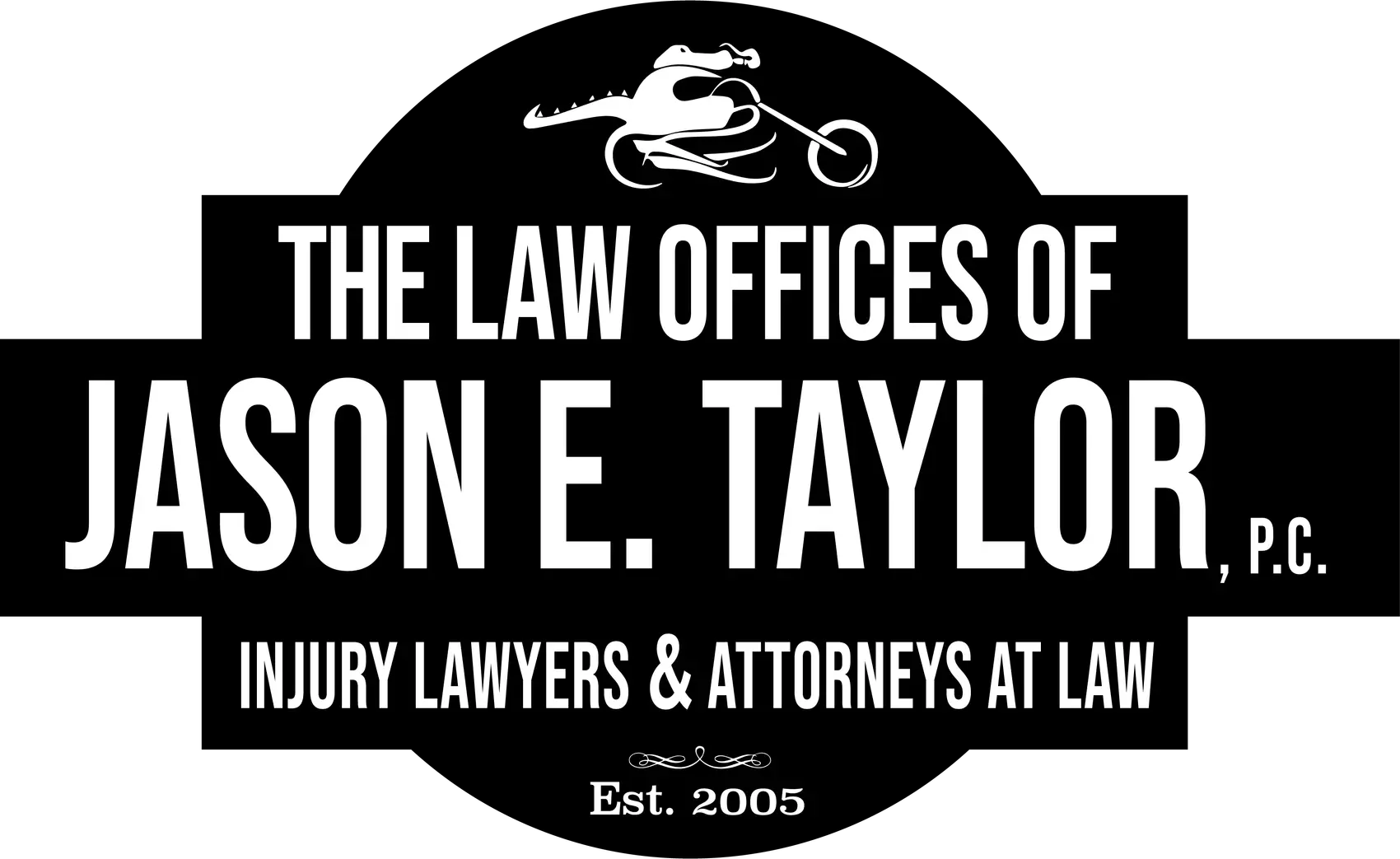At nearly 80,000 pounds, 18-wheelers and tractor-trailers are the most dangerous vehicles on the road. Due to their massive size and heavyweight, truck accidents can be catastrophic, resulting in fatalities. According to the 2016 truck accident report by the South Carolina Department of Public Safety (SCDPS), fatalities in collisions with a tractor-trailer increased by 10.1% between 2012 and 2016. And those who happen to survive are likely to be severely injured.
If you or a loved one has been severely injured in a truck accident in South or North Carolina, then here are steps you need to take after the accident to work toward getting fully compensated. Fair compensation is what you need to get medical treatment and cope with this tragic event with financial stability.
Call 911—Alert the Authorities
After being involved in a truck accident, call 911. Ask them to send an ambulance that can take you to the hospital for medical care and send a law enforcement officer to the accident site. A law enforcement officer will create a police report after assessing the damage and interviewing everyone involved.
It is imperative to have a police presence for two reasons. Firstly, it helps you document your accident for an insurance purpose and will serve as evidence in your injury claim. Therefore, if you file a lawsuit against the truck driver or the trucking company, the report generated by the law enforcement officer will back up your story.
Get Full Diagnosis and Immediate Medical Treatment
Truck accidents can lead to severe injuries like traumatic brain injury, spinal cord damage, whiplash, broken bones, and fractures. They can also cause internal injuries and bleeding. Therefore, it is advisable to get a complete diagnosis and seek immediate treatment without delay.
Remember that a proper and full check-up is essential for your health and case. Some injuries may not be felt at the time of occurrence due to an adrenaline rush which acts like pain blockers. However, if reported later, the insurance company may not accept those injuries due to the accident and thus deny your claim.
So, once you seek medical attention, a doctor can diagnose your condition and treat your injuries right away. They can create a medical report to confirm the injuries were sustained in the truck accident.
Take Photos
If you’re in a position to move, it is recommended to take photos of the accident scene. Take them from different angles. Make sure to photograph all the vehicles involved and the surroundings.
Collect Information of the Witnesses and the Truck Driver
While you’re at it, collect the information of witnesses such as their names, phone numbers, addresses, and recorded statements if possible. And get all the necessary details of the truck driver involved, including:
- The truck driver’s contact information and name
- Their license number
- The United States Department of Transportation (USDoT) serial number, if available
- Information about their trucking company that employed the driver or owns the commercial truck
- The trucking company or driver’s insurance carrier
Avoid Commenting on Social Media or Making Statements to the Insurance Adjuster
Soon after the accident, you will be approached by the insurance adjuster. Remember that their goal is to limit their liability. They will use stealthy tactics to get statements from you, which can be manipulated to their advantage, thus lowering your compensation claim. Therefore, under no circumstance should you:
- Provide them with a recorded statement
- Accept any settlement.
- Discuss your injuries
- Give your opinion on any matter.
- Simply, be polite to the insurance adjuster and tell them that they should talk to your attorney regarding the accident.
Also, never post pictures or tweet about your accident or injuries on social media, as whatever you say can be used against you.

Hire a Lawyer for Case Investigation and Representation
Since multiple parties can be held liable for a truck accident, things can get tricky and complicated unless you have an experienced and skilled lawyer on your side. Hire a South Carolina lawyer to represent your case.
At the Law Office of Jason E. Taylor, we have a team of experienced South Carolina truck accident lawyers. Our lawyers can fight your case and help you get justice. We understand the truck accident rules and regulations and know how to deal with the insurance company.
Once you hire us for case representation, our dedicated legal team will meticulously investigate the circumstances surrounding your accident and collect all crucial evidence. We’ll collect the truck driver’s logbook, black box, and much-needed evidence to establish a strong liability case against the defendant. This evidence will answer essential questions like:
- How did the accident occur?
- Who caused it?
- What happened?
By leveraging our negotiation skills and wealth of industry experience, our lawyers will negotiate with the insurance company aggressively for the maximum settlement. If the insurance company doesn’t offer a fair settlement, we’re ready to take the case to trial in court.
At the Law Office of Jason E. Taylor, we will zealously and passionately advocate your best interest in court and fight for the compensation that you rightfully deserve.
For more information about our legal services or case representation, contact us today. We are here to help you. All of our legal services are offered on a contingency fee basis. This means that you only have to pay us if we recover compensation for your injury claim.





